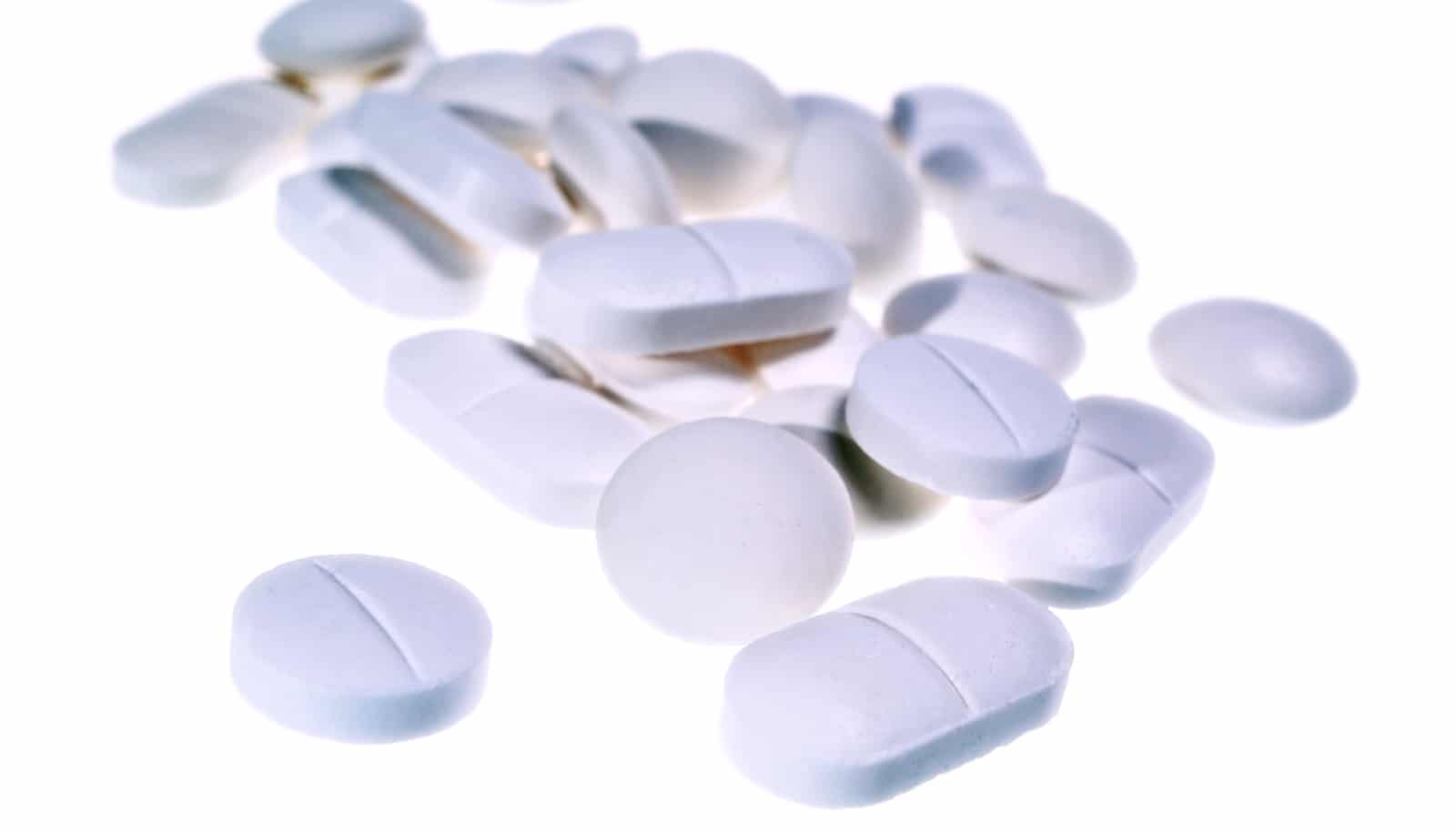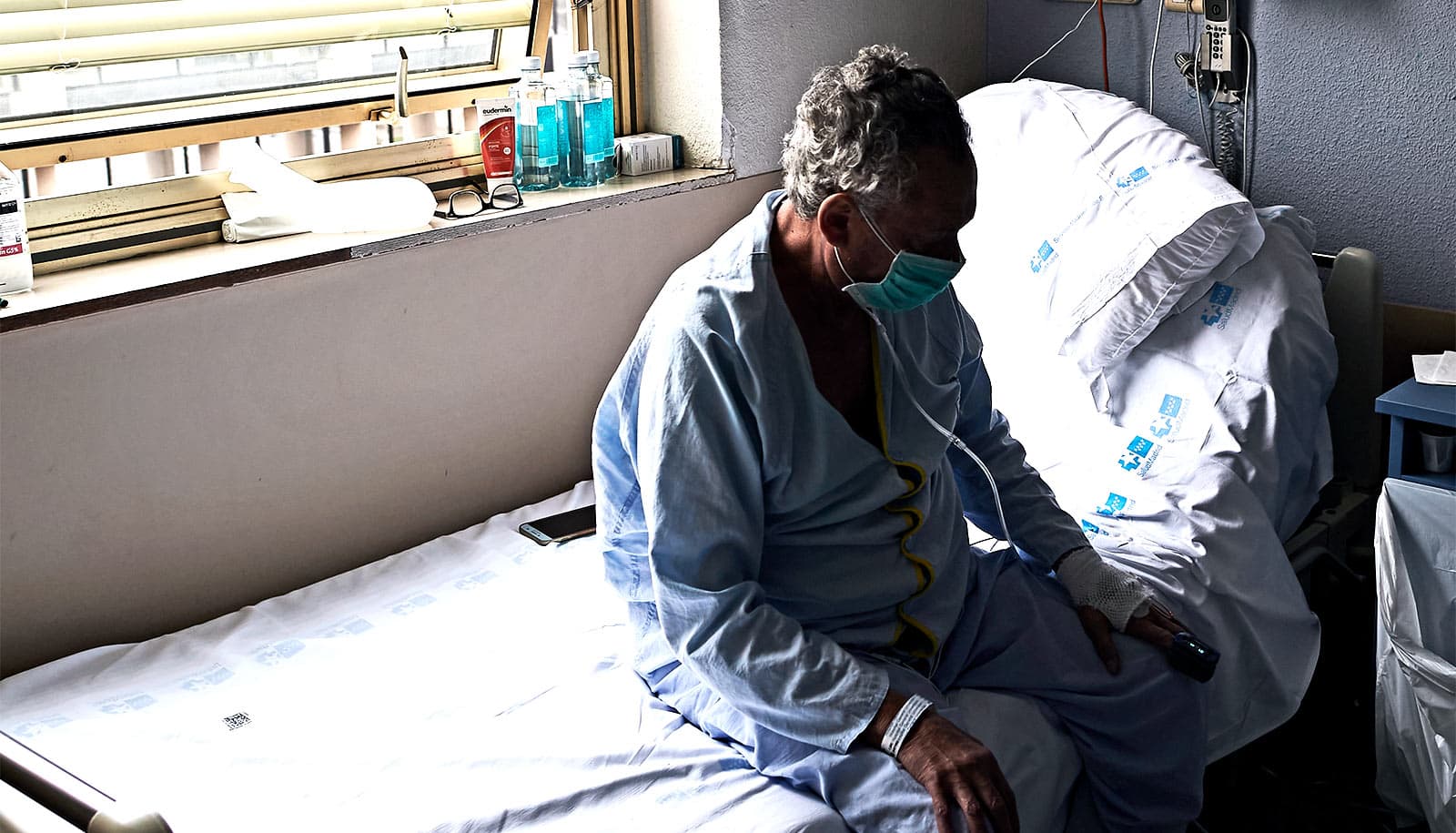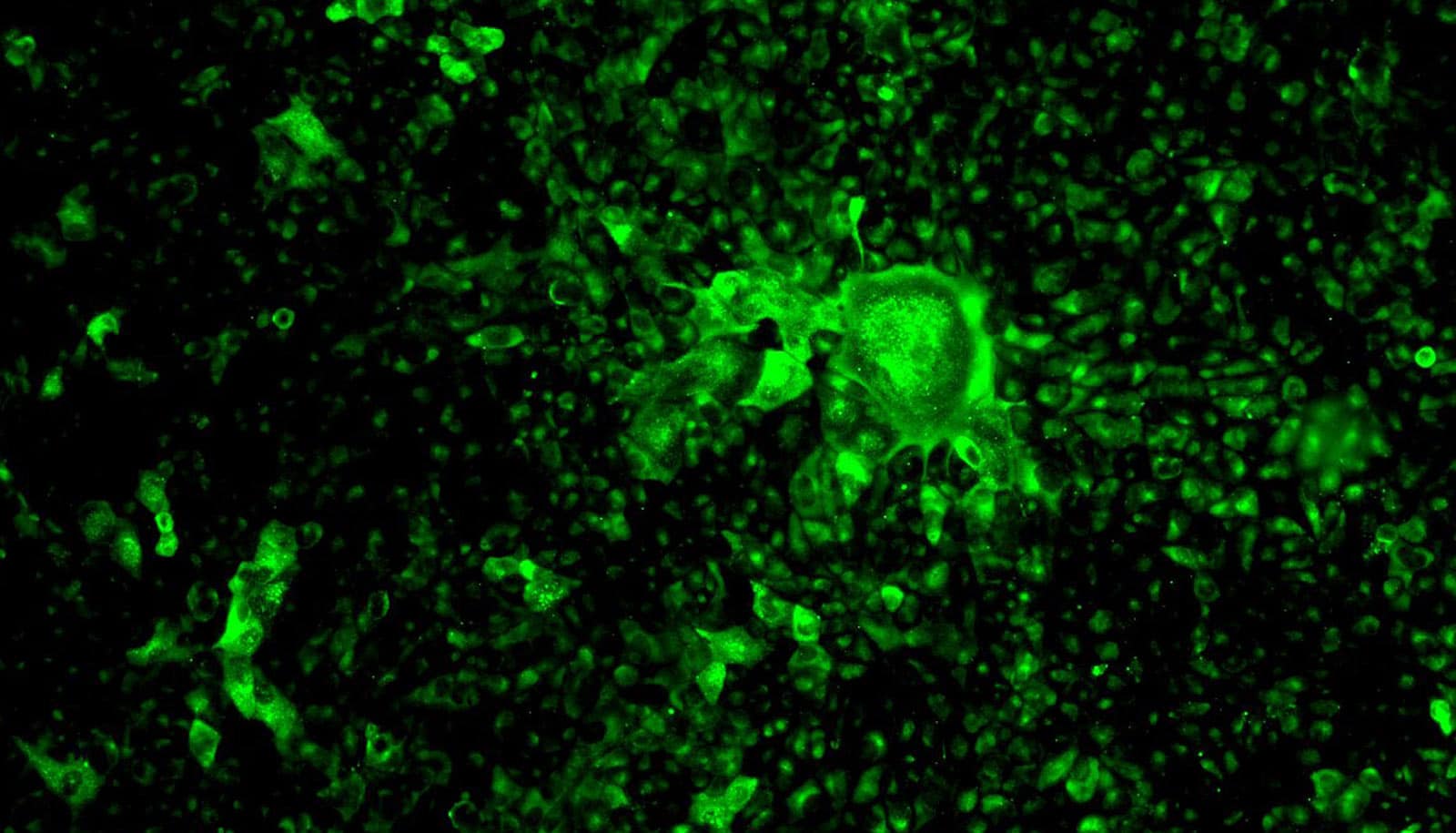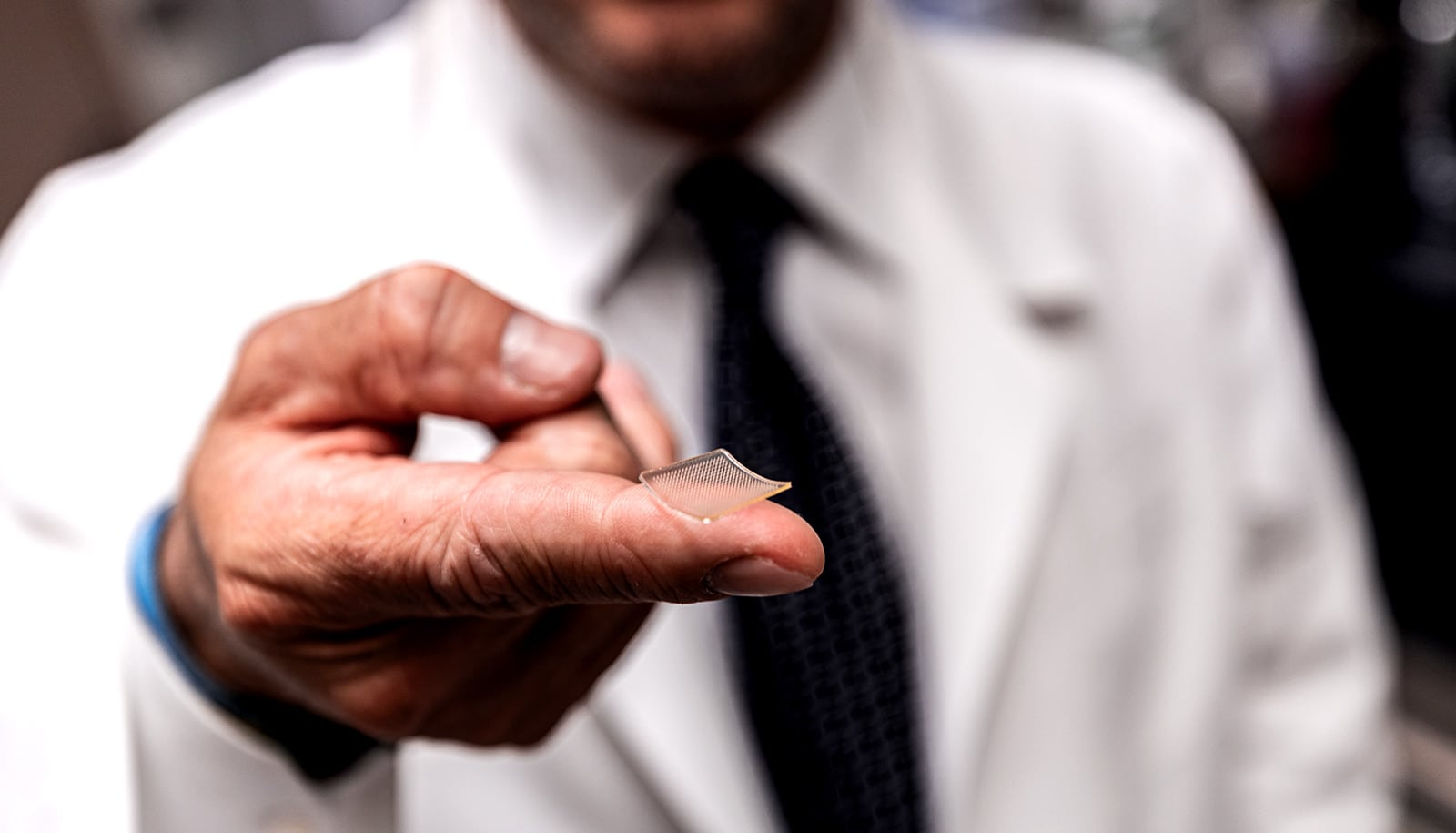Elements of the response to COVID-19 remind ethicist Alex John London of errors in the response to the Ebola outbreak in 2014-15. For example, hydroxychloroquine.
Researchers and doctors around the world are in a race to save lives, not only through caring for patients sick with COVID-19, but also in the hunt to discover an effective treatment or vaccine. In the rush to do science quickly, London says it is easy to make mistakes.
“The point of research is to reduce uncertainty—to sort out dead ends from fruitful treatment strategies,” says London, professor of ethics and philosophy and director of the Center for Ethics and Policy at Carnegie Mellon University. “But if you don’t do rigorous science, you can wind up increasing uncertainty, which can actually make things worse.”
London’s research focuses on ethical and policy issues surrounding the development and deployment of novel technologies in medicine. He was part of the National Academy of Medicine committee that reviewed the science and the ethics of the clinical trials that were launched in response to the 2014-2015 Ebola outbreak in West Africa.
One of the conclusions of that report is that clinical trials need to start early on in an outbreak. London says some of the studies on Ebola started too late and lacked rigorous design features—such as randomization and a concurrent control arm—that made their findings less reliable. He sees echoes of past mistakes in the COVID-19 response.
Hydroxychloroquine approval
“Early reports of hydroxychloroquine have been based on small studies, some of which have methodological shortcomings,” London says. “These are missed opportunities. Before we encourage widespread use of a drug, we need better evidence that it’s worth it.”
Last week, the Food and Drug Administration authorized hydroxychloroquine for emergency use. The drug is typically used to treat malaria, lupus, and rheumatoid arthritis. London says patients who need it for actual treatments are now finding it difficult to obtain.
He also stresses that the approval of a drug as a treatment for one medical condition doesn’t mean that it will be safe for another. “Drugs have side effects that can be reasonable when they are offset by the relief of suffering or restoration of functioning. If the benefits in the new treatments don’t pan out, then very sick people are exposed to the side effects of a drug without compensating benefit.”
London emphasizes that the evaluation of risks from medical interventions is different for treatments and vaccines. “There can be a high tolerance for side effects in drug treatments because the drug is given to a relatively low number of people, and only to those who are sick,” says London, who has helped to revise several ethical guidelines for international research.
“Vaccines are different. Hundreds of millions of healthy people will need to get a COVID-19 vaccine to develop herd immunity. If a side-effect impacts just a minuscule percentage, it might still affect hundreds of thousands of healthy people. So, the bar for tolerability and safety is higher in vaccines.”
Can artificial intelligence help?
One strategy to expedite the vaccine process for COVID-19 is turning to the power of artificial intelligence (AI). London’s colleague, Carnegie Mellon professor David Danks, looks at the intersection of ethics and machine learning. He’s seeing no shortage of worldwide suggestions of how AI may play a role in helping to find quick treatments and a vaccine. The challenge in drug discovery, Danks says, is that there are always too many things we think might work.
“AI is supposed to be a great tool for sifting through the many possibilities to find those that are likely to work,” says Danks, department head and professor of philosophy and psychology. “The challenge right now with COVID-19 is that we don’t yet have real-world success stories to have any idea of how helpful AI will be. And even if it is helpful, it doesn’t eliminate the time it takes to run studies to see if they work.
“AI is a tool to help us focus our science,” Danks says. “But it doesn’t eliminate the need to do the actual science.”
Together, the CMU ethicists stress that it’s vitally important to get trials done early in order to gather evidence as quickly as possible. But the trials must be conducted carefully and not over-promise success.
Source: Carnegie Mellon University



